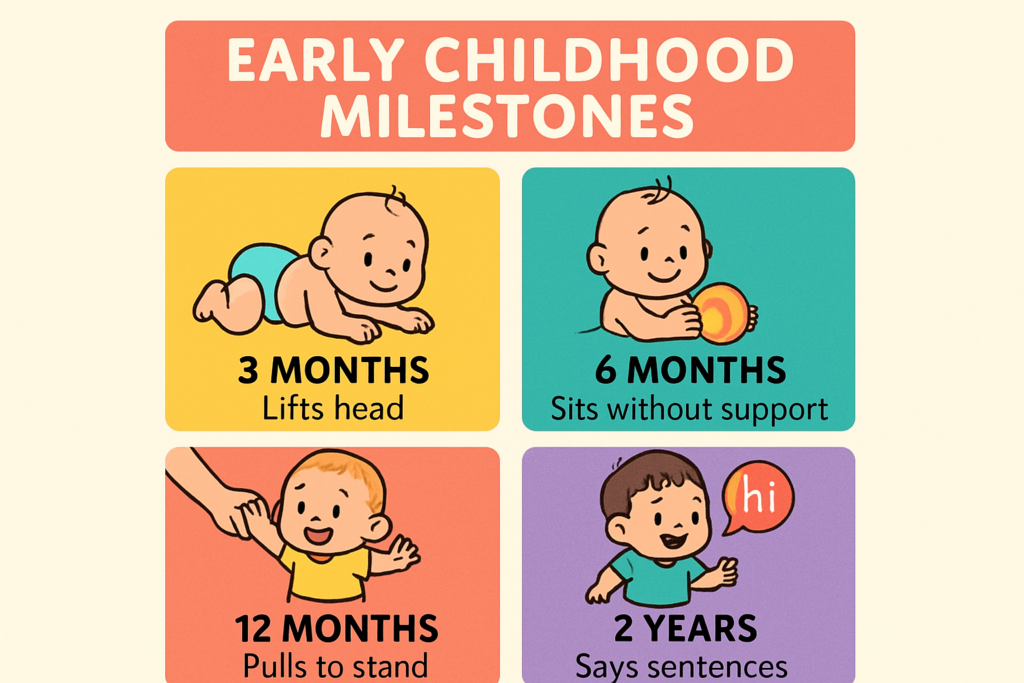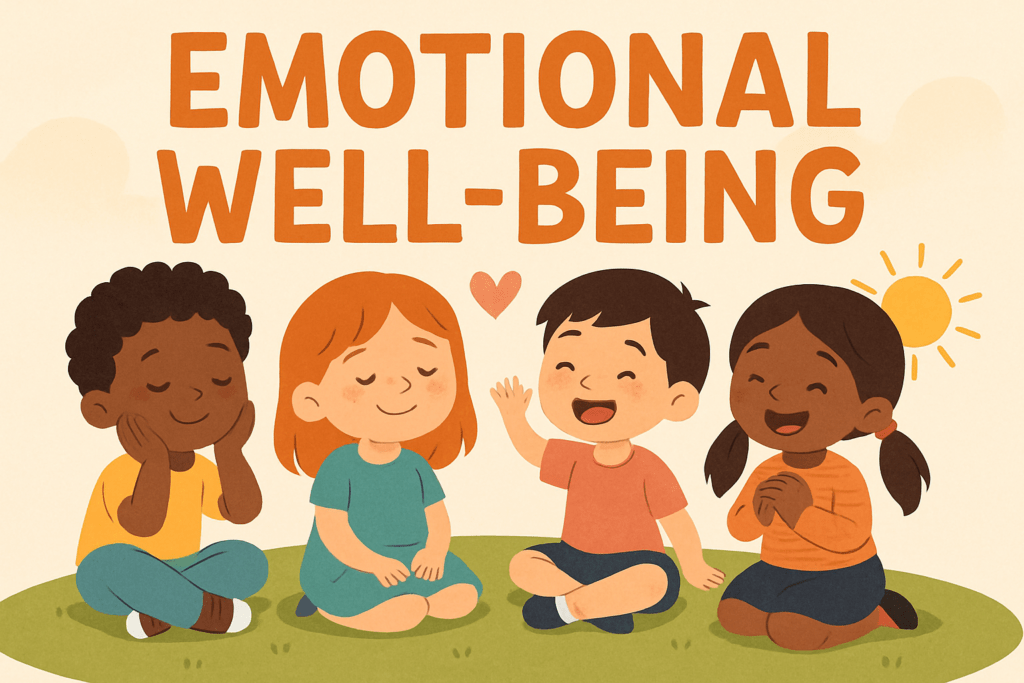Why Early Brain Stimulation Matters
Cognitive growth in toddlers isn’t about flashcards or early reading drills. It’s about how their brains connect the dots literally. Between ages one and three, their brains form more than a million neural connections every second. These connections are the building blocks of memory, attention, problem solving, language, and emotional understanding.
Daily play is more than just fun it’s brain training. When a toddler sorts blocks by color or copies your silly dance moves, they’re developing executive function, spatial awareness, and processing speed. Repetition strengthens these pathways. Variety expands them. Talking, stacking, imagining, climbing all of it counts.
By 2 years old, most toddlers can follow two step directions and name at least 50 words. By 3, many are using full sentences, sorting by shape or color, and understanding simple time concepts like before or after. These aren’t just milestones they’re signals that the brain’s core systems are learning to work together.
The takeaway: everyday moments build lifelong skills. It doesn’t have to be complicated. It just has to be consistent.
Interactive Play: The Brain’s Favorite Gym
Toddlers don’t need complicated toys to build smarter brains they need things they can touch, stack, drop, pour, and figure out. Cause and effect toys, like stacking blocks or simple shape sorters, teach them that actions have outcomes. Push a block tower too far? It topples. Put the wrong shape in the hole? It won’t fit. These little moments wire a child’s brain for problem solving and prediction.
Games that ask toddlers to match, sort, or group get those early logic circuits firing. Think of activities like easy puzzles, threading beads, or even color coded cups. They encourage pattern detection and trial and error learning without needing screens or tech.
Sensory bins filled with rice, beans, water beads, or textured fabrics feed the brain in a different way. Every scoop, squish, or sift strengthens neural pathways linked to touch, balance, and coordination. When toddlers dig into that mess, they’re not just playing. They’re building foundational skills for focus, memory, and reasoning.
The key? Keep it hands on. The more they do, the more they grow.
Language Rich Routines
Language development doesn’t start with flashcards and worksheets it begins with everyday interactions. Integrating rich language into your child’s daily routines helps build vocabulary, comprehension, and early communication skills.
Talk Through Daily Tasks
Your voice is your toddler’s most powerful learning tool. Simply narrating your actions as you go about the day offers constant, valuable input.
Describe what you’re doing during meal prep: “I’m washing the red apple. Now I’m cutting it in half.”
During bath time, name body parts, objects, and actions: “Let’s soap your arms. Now we rinse with water!”
Ask gentle questions to spark back and forth exchanges, even if your toddler isn’t speaking yet.
Storytime: Not Just for Bedtime
Reading regularly to your toddler is one of the most impactful activities you can do for their cognitive development.
Choose age appropriate books with repetition and rhythm
Pause to name objects, make predictions, or ask questions like, “What do you think happens next?”
Don’t rush let the child point, turn pages, and engage
Storytelling builds:
Listening and comprehension
Narrative thinking skills
Attention span and focus
Songs, Rhymes, and Repetition
Songs and nursery rhymes aren’t just fun they’re memory building tools. The rhythm, repetition, and melody strengthen language processing pathways.
Sing action based songs (like “Head, Shoulders, Knees, and Toes”) to combine movement and words
Repeat favorite rhymes so toddlers learn cadence and words over time
Use songs to introduce new vocabulary in a memorable, playful way
Want to dive deeper into how language affects brain development? Take a look at our expanded guide on language development in toddlers.
Movement & Exploration

Toddlers learn with their whole bodies. Crawling, climbing, and toddling might look like regular play, but they’re laying down serious cognitive tracks. These physical milestones help children map space how far something is, how to get around it, under it, or over it. It’s early training in spatial awareness, coordination, and even early math.
When you bring that energy outdoors, it gets even better. Grass, rocks, sticks, sunlight real sensory input gives the brain work to do. A simple walk turns into a process of taking in new textures, sounds, and patterns, all fueling observation and sensory processing.
Want to make it fun and effective? DIY obstacle courses. A couch cushion tunnel, a shallow step to climb, a toy placed just out of reach. These setups challenge kids to make decisions, adjust their movements, and solve problems in real time. They’re not just getting stronger they’re getting smarter, too.
Roleplay & Imaginative Scenarios
Toddlers learn by doing, and pretend play is where they get to test drive the world. Setting up a play kitchen or handing them a toy stethoscope isn’t just about keeping them busy it’s about helping their brains build real world logic. Pouring tea into plastic cups or checking a teddy bear’s heartbeat lets kids experiment with cause and effect, sequence, and problem solving all without any of the risks that come in real life.
But cognitive growth isn’t the only win here. Imaginative play sparks social and emotional development too. When children act out scenes through characters whether it’s a stuffed animal getting a checkup or a puppet asking for help they’re learning empathy, turn taking, and emotional vocabulary. They start to see the world from different angles and understand the feelings that come with it.
No fancy gear required. A cardboard box and a few old hats can go a long way. The magic happens in the make believe.
Screen Time with Structure
Let’s get this straight: screens aren’t the villain but they’re also not the hero. Educational apps can absolutely support cognitive growth in toddlers, but they’re meant to add to, not replace, the real life, hands on experiences that build brains. Just tapping around on a screen won’t make a toddler smarter. Real learning happens when they physically explore and when an adult is helping connect the dots.
The key is choosing quality over quantity. Not all apps are created equal. Look for ones built with input from child development experts apps that ask questions, encourage problem solving, or connect to offline experiences. Random videos or flashy games with endless swiping? Skip those.
Most important: co viewing. Sit down with your child while they engage with a screen. Narrate what’s happening. Ask questions. Expand on the content. If there’s a digital story about animals, talk about how your dog barks or where birds live. That kind of adult interaction turns passive watching into active learning. Screens are a tool but you’re the guide.
Consistency & Bonding
Brain development in toddlers isn’t just about toys or flashcards. It’s about relationships specifically, how a child’s primary caregivers respond to their needs. Responsive parenting means showing up with attention, warmth, and calm, again and again. It’s what builds the foundation for trust, which the brain learns to rely on. That trust, in turn, fuels curiosity, focus, and risk taking the raw materials of learning.
Daily routines play a quiet but powerful role in all this. Simple patterns like morning cuddles, consistent meal times, or reading before bed give little brains structure. When a child knows what to expect, their nervous system relaxes. Focus improves, emotions settle, and they learn better. Predictability isn’t boring. It’s a launchpad.
Love and security do more than nurture they activate. A toddler’s brain is still wiring itself for the long haul. When they feel safe, synapses fire. Confidence grows. Responsive care translates into better emotional regulation, stronger memory, and sharper attention spans. It’s not magic. It’s biology meeting consistency.
If you’re looking to go beyond the basics and dive deeper into one of the most essential aspects of toddler development, check out our guide on language development in toddlers. It’s packed with real world strategies, examples of what works during different developmental stages, and ways to build stronger communication habits through everyday moments. Language shapes how kids think, connect, and make sense of the world so the earlier you start supporting it, the better.

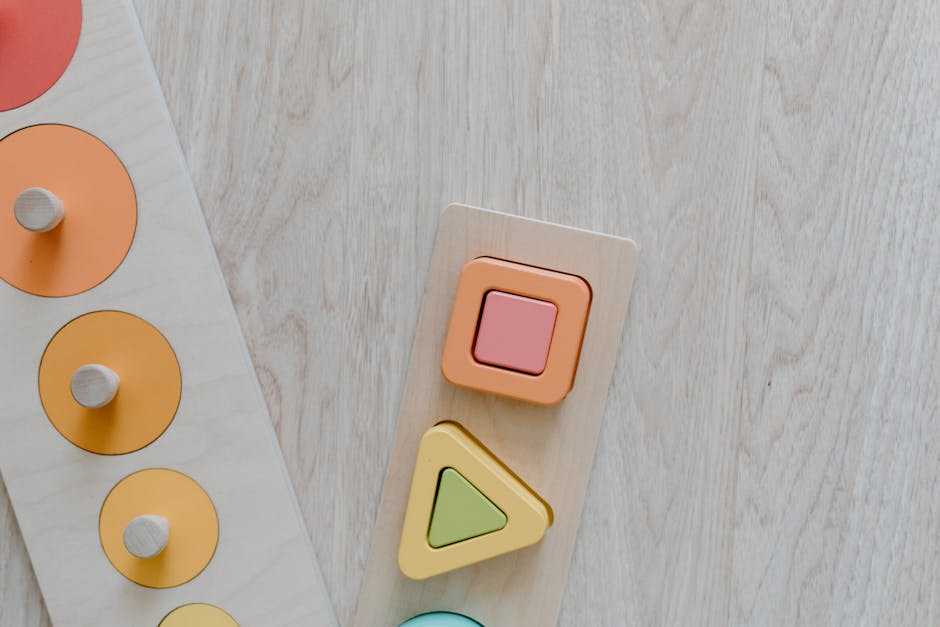




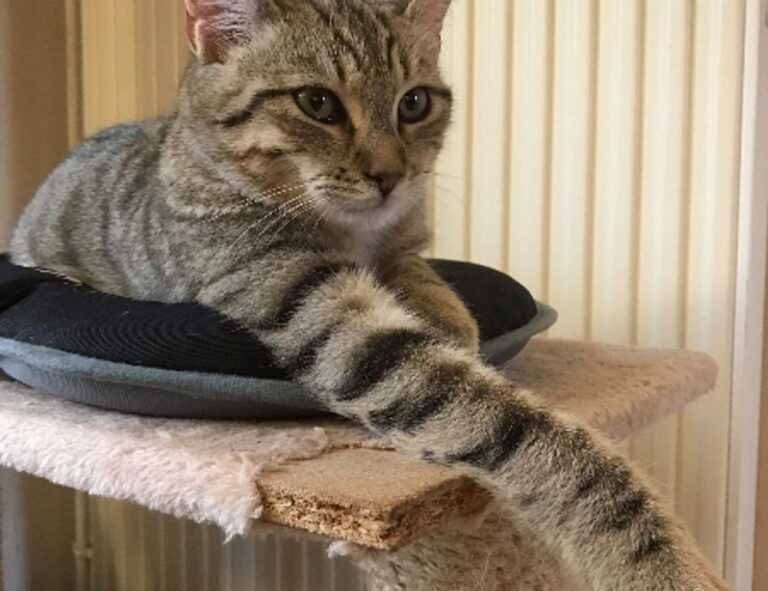

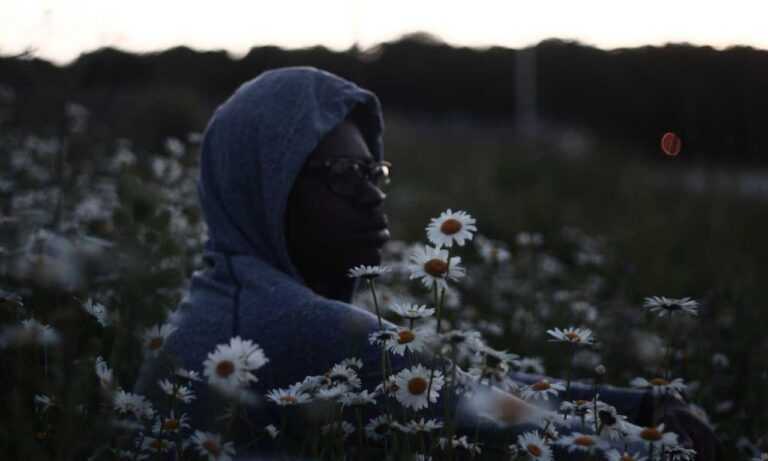






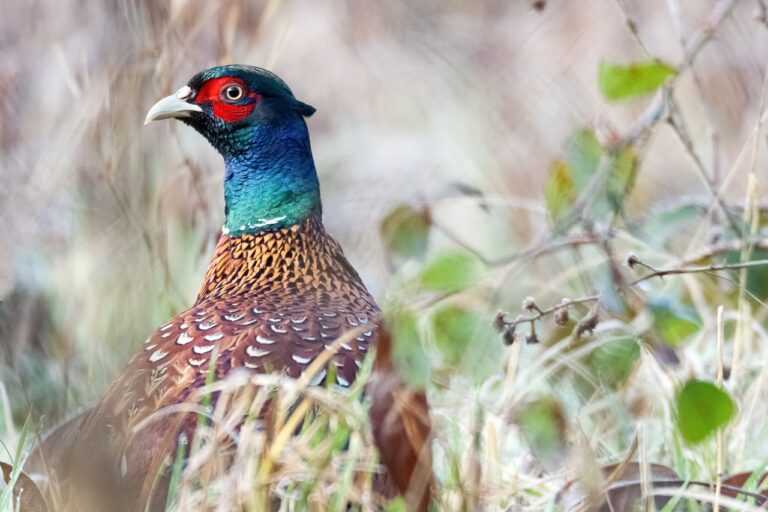



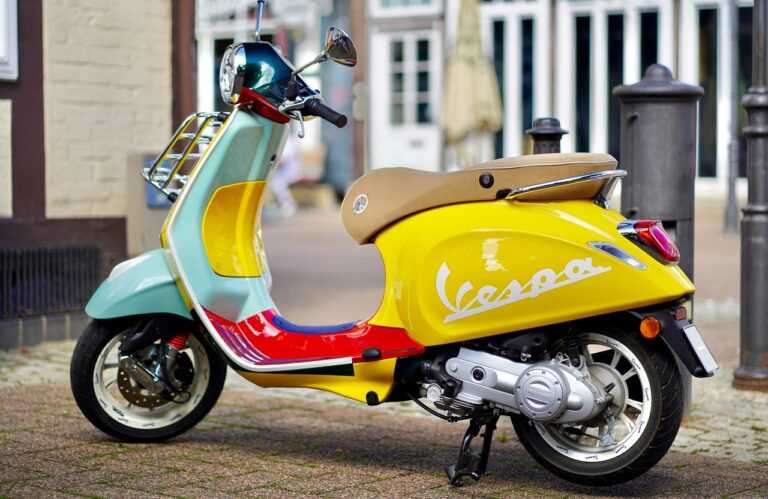
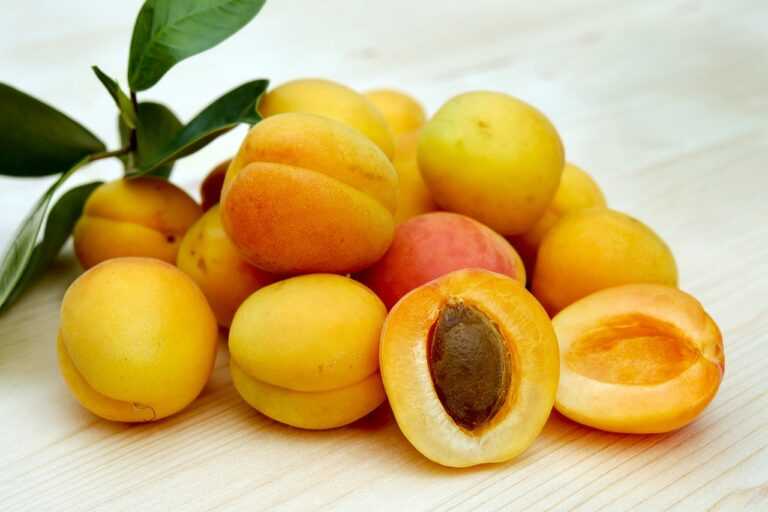
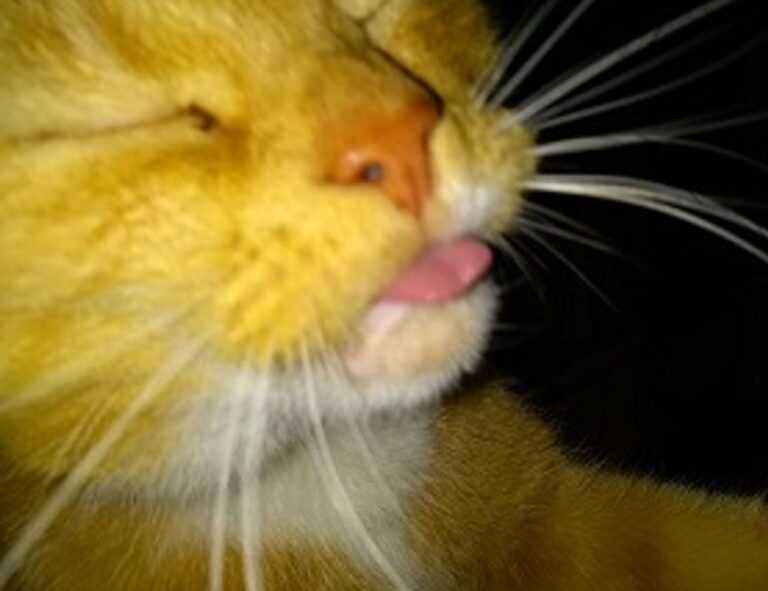
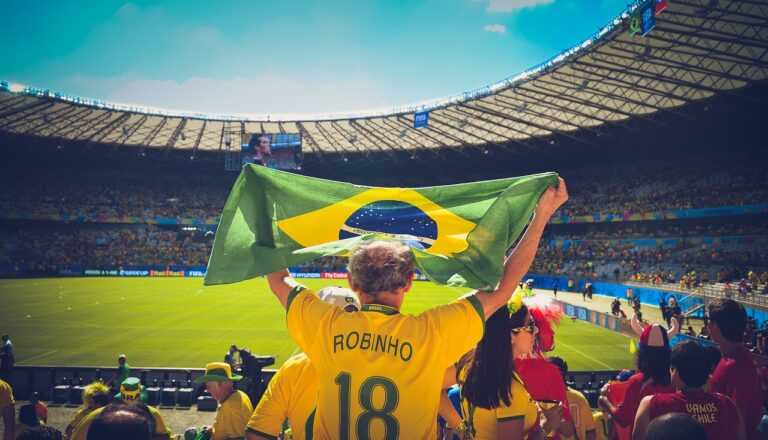







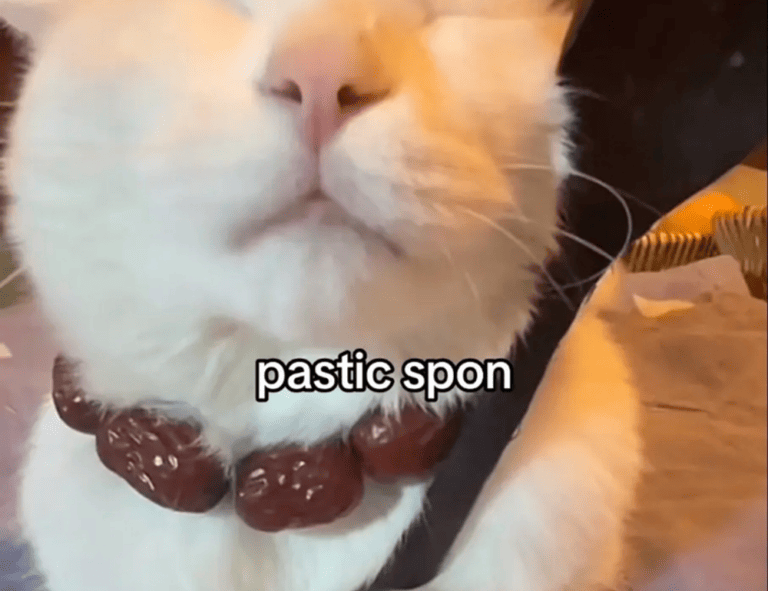
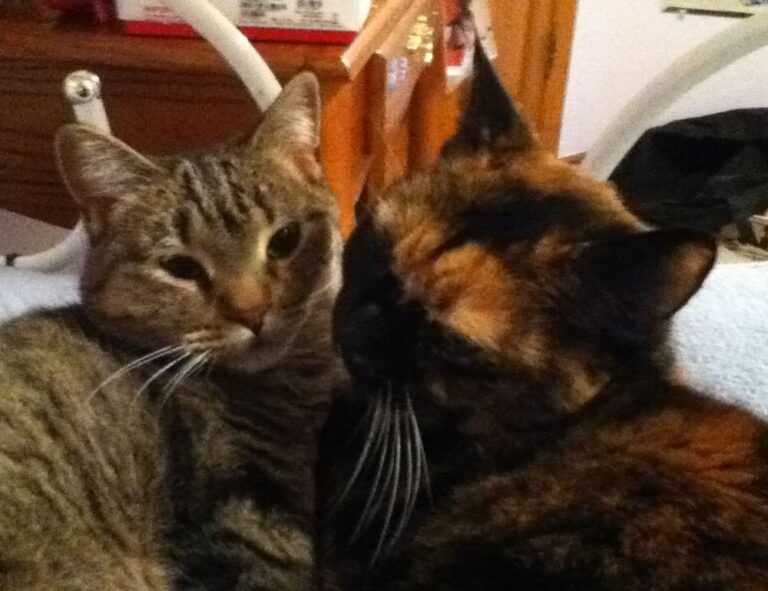
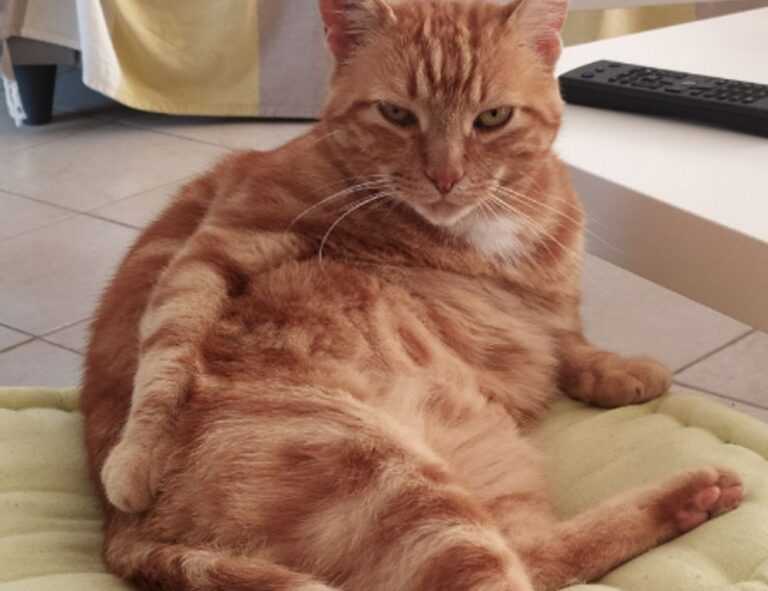
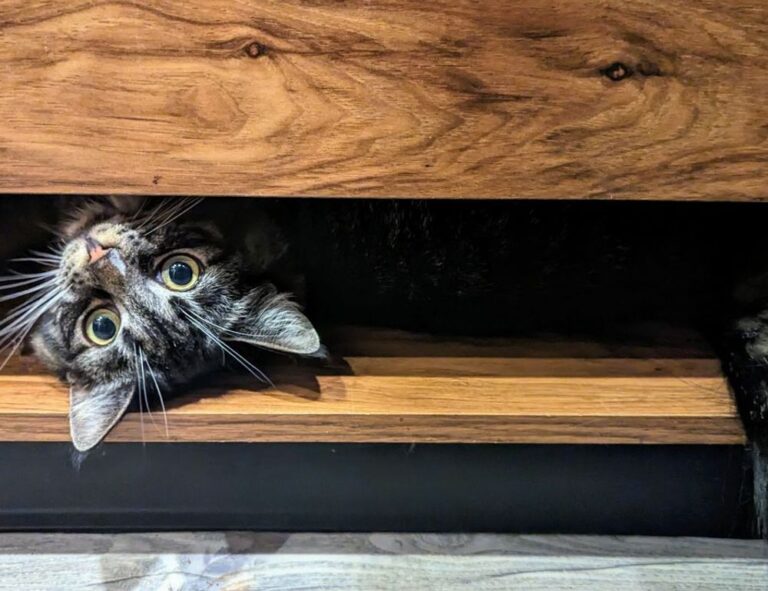
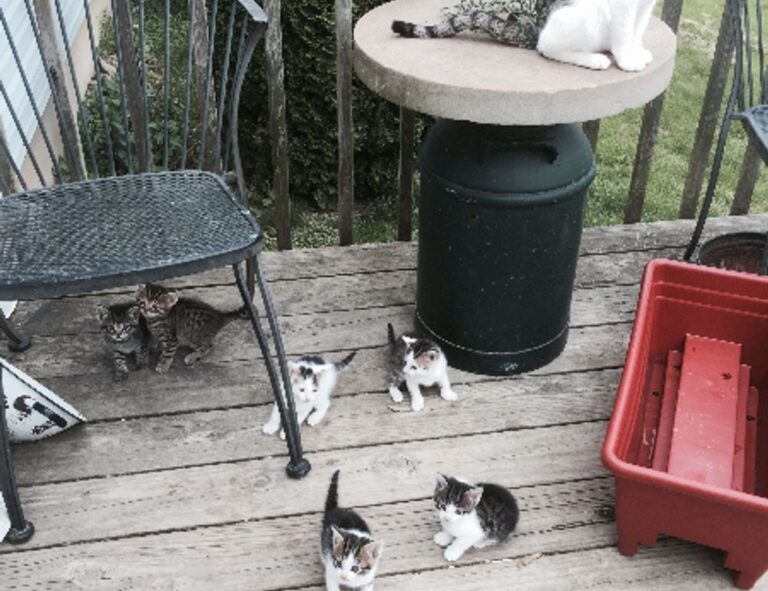














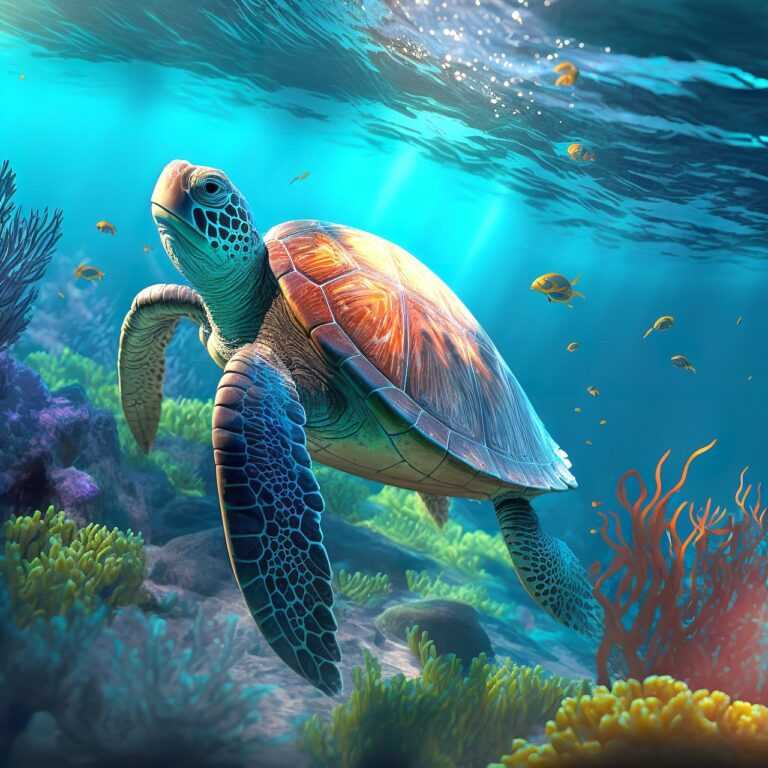
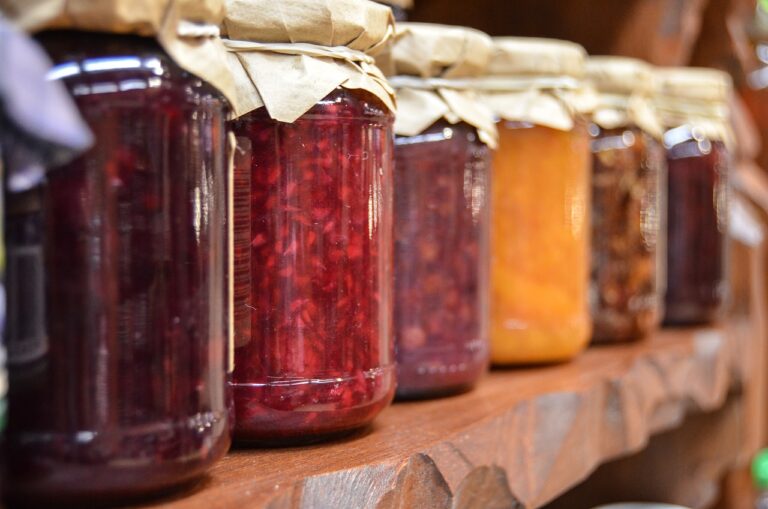




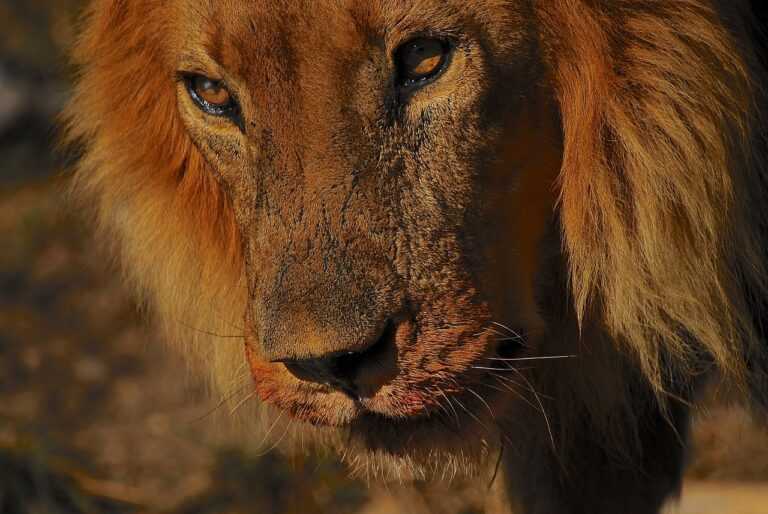




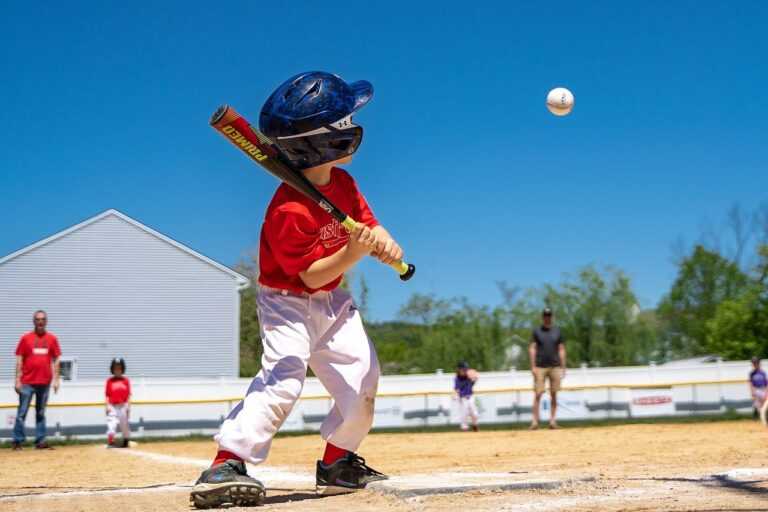








































































































































































































































































































































































































































































































































































































































































































































































































































































































































































































































 Health & Nutrition Editor
Health & Nutrition Editor